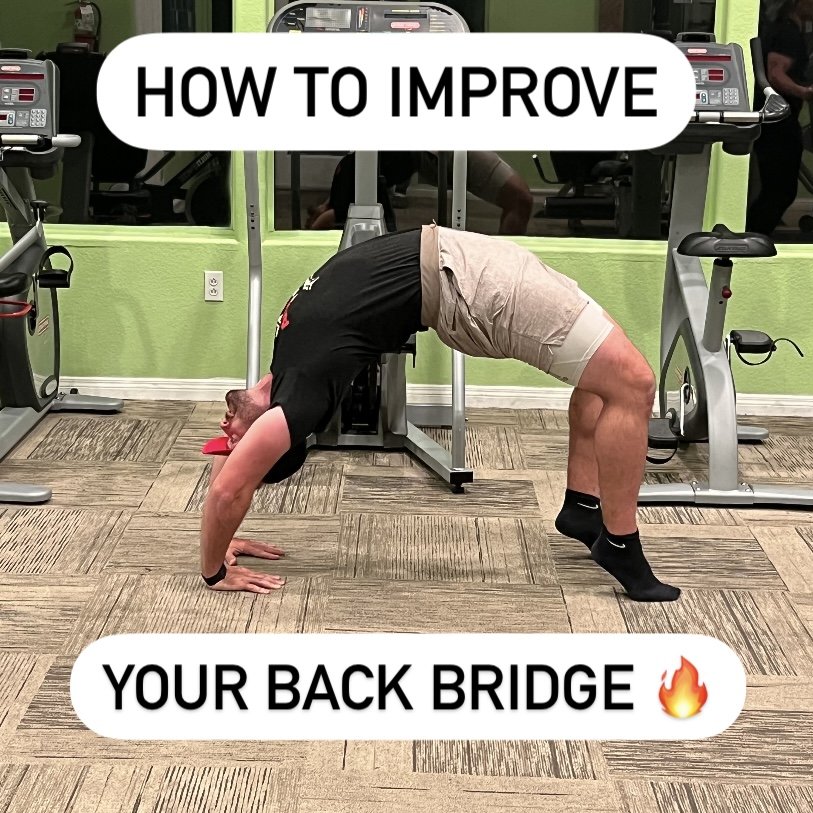How To Improve Your Back Bridge
With all of the popularity surrounding pitchers performing Back Bridge Exercises, we wanted to dive a little deeper into some crucial components that will allow you to perform the exercise more safely and effectively. We do not program this movement in our Arm Care, but we 100% see the value in pitchers focusing on this global extension pattern.
When performing any global pattern, it is important to know that the body will take the path of least resistance every time if given the opportunity. It is also important to know, high level athletes will find a way to complete the task regardless of the patterns it takes to get there. They are ELITE COMPENSATORS.
In the context of the Back Bridge: If an athlete is lacking T Spine and Hip extension but has a ton of extension available in the low back, you better believe they are going to use almost all Lumbar Extension to complete this movement. That is definitely not our goal here for multiple reasons.
3 Components To Improve Prior to Starting Back Bridges
Hip Extension
Hip extension is a commonly restricted movement in all athletes and lack of mobility here will lead to excessive movement elsewhere (Likely Lumbar Spine)
Structures to Address: Hip Flexors (Psoas, Illiacus, TFL, Rectus Femoris), Adductors
Thoracic Spine Extension
T Spine Extension is another component that is commonly restricted in baseball players. Lack of Extension mobility will also force other “loose” segments to move too much
Structures to Address: T Spine Joint Stiffness, Rib Mobility, Pec and Intercostal elasticity
READ OUR FULL THREAD ON IMPROVING T SPINE EXTENSION FOR DETAILS
Shoulder Flexion
If you do not have full shoulder flexion available, PLEASE to not just slam the shoulder in full flexion. This may be a good way to improve and Address the 2 prior motions, but this is a terrible idea for the shoulder.
Structures to Address: Lat/Teres Major Stiffness, Downward Rotator Stiffness (Rhomboid, Levator, etc), Capsular Restriction (This is very rarely the issue in pitching as the repetitive layback position tends to create a ton of real estate in the Anterior and Inferior Capsule)
Wrap Up
In the end, we prefer to break the back bridge down and force feed motion into these stiff, hypomobile sections prior to completing global patterns where the body will take the path of least resistance. Again, we 100% see the value in improving this global extension. This is just our take on a way to break down that pattern at a more microscopic level before putting it all back together.



